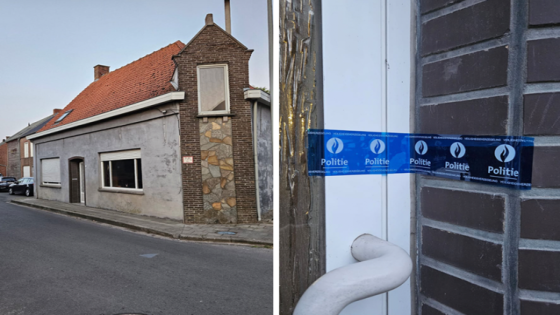Concerns are rising among Belgian OCMWs about their ability to help 55-plus jobseekers re-enter the workforce. With the new regulations coming into effect on 2025-06-10 14:56:00, many fear the challenge will be overwhelming. The pressure to activate long-term unemployed seniors is growing, but resources and employer cooperation remain limited.
- OCMW's struggle to help unemployed 55-plussers
- Bonus-malussysteem penalizes slow activation efforts
- OCMW's depend on employers and social economy
- Voka urges government to enhance training programs
- Calls for new wage model for older workers
- Focus on increasing older worker competitiveness
OCMWs acknowledge their efforts but highlight the complexity of the situation. As Nathalie Debast from the Flemish Association of Cities and Municipalities explains, the bonus-malussystem penalizes OCMWs if they cannot find jobs for these individuals within a set timeframe. This system is causing unease and doubts about its fairness.
With employers playing a crucial role, questions arise: Are Belgian companies ready to hire older workers? And will the government provide enough support to bridge the gap? These concerns set the stage for a deeper look at the evolving job market for seniors.
Why is this such a tough problem? The current system puts heavy demands on OCMWs, but success depends on multiple factors beyond their control:
- OCMWs rely on employers and social economy actors to create job opportunities.
- Older workers often require targeted training to stay competitive.
- Higher wages for senior employees discourage some employers from hiring them.
- Calls for a new wage model aim to balance costs and competitiveness between age groups.
Looking ahead, collaboration between government, employers, and social services is essential. Will Belgium rise to the challenge and develop effective solutions for its older jobseekers? The coming months will be critical in shaping a more inclusive labour market.






























